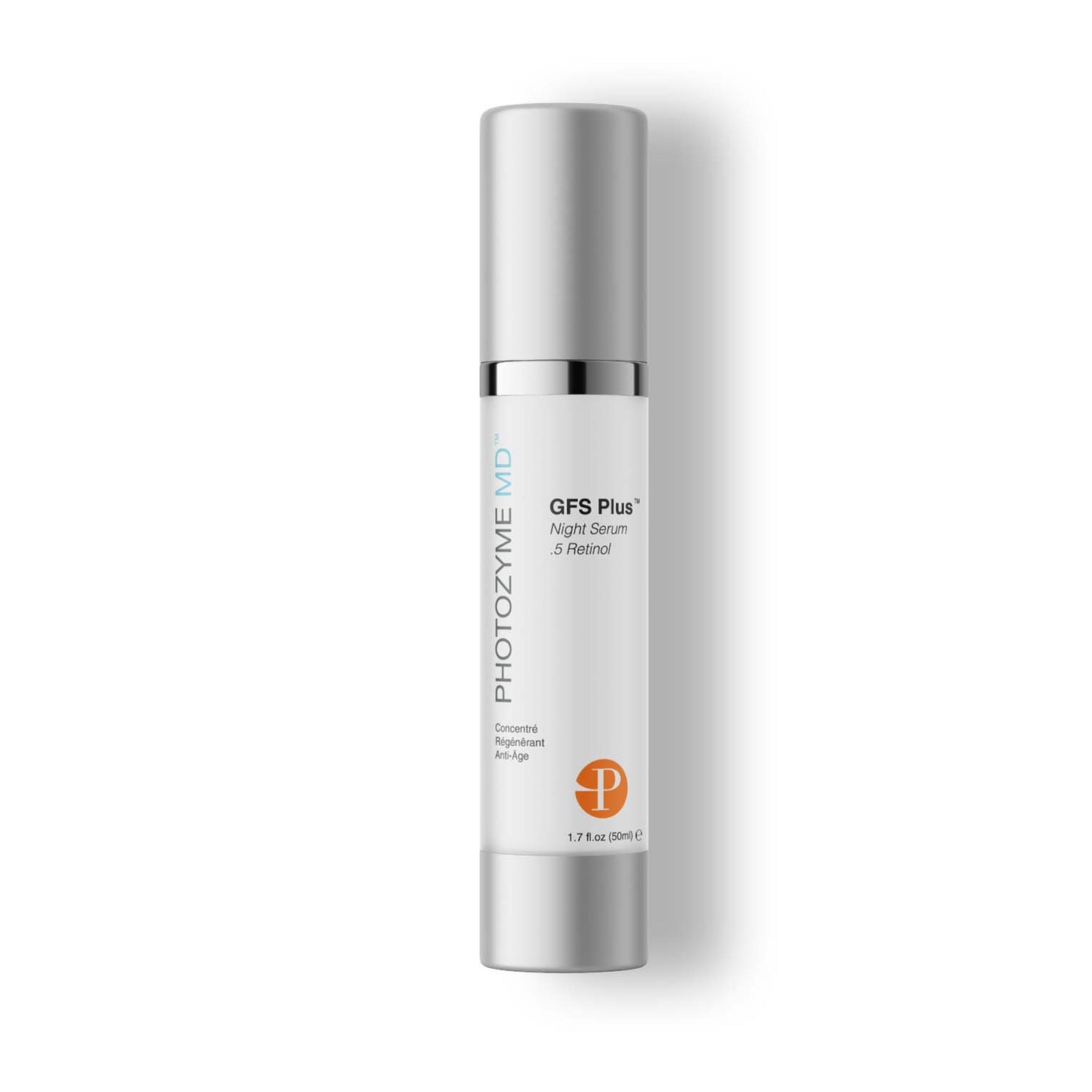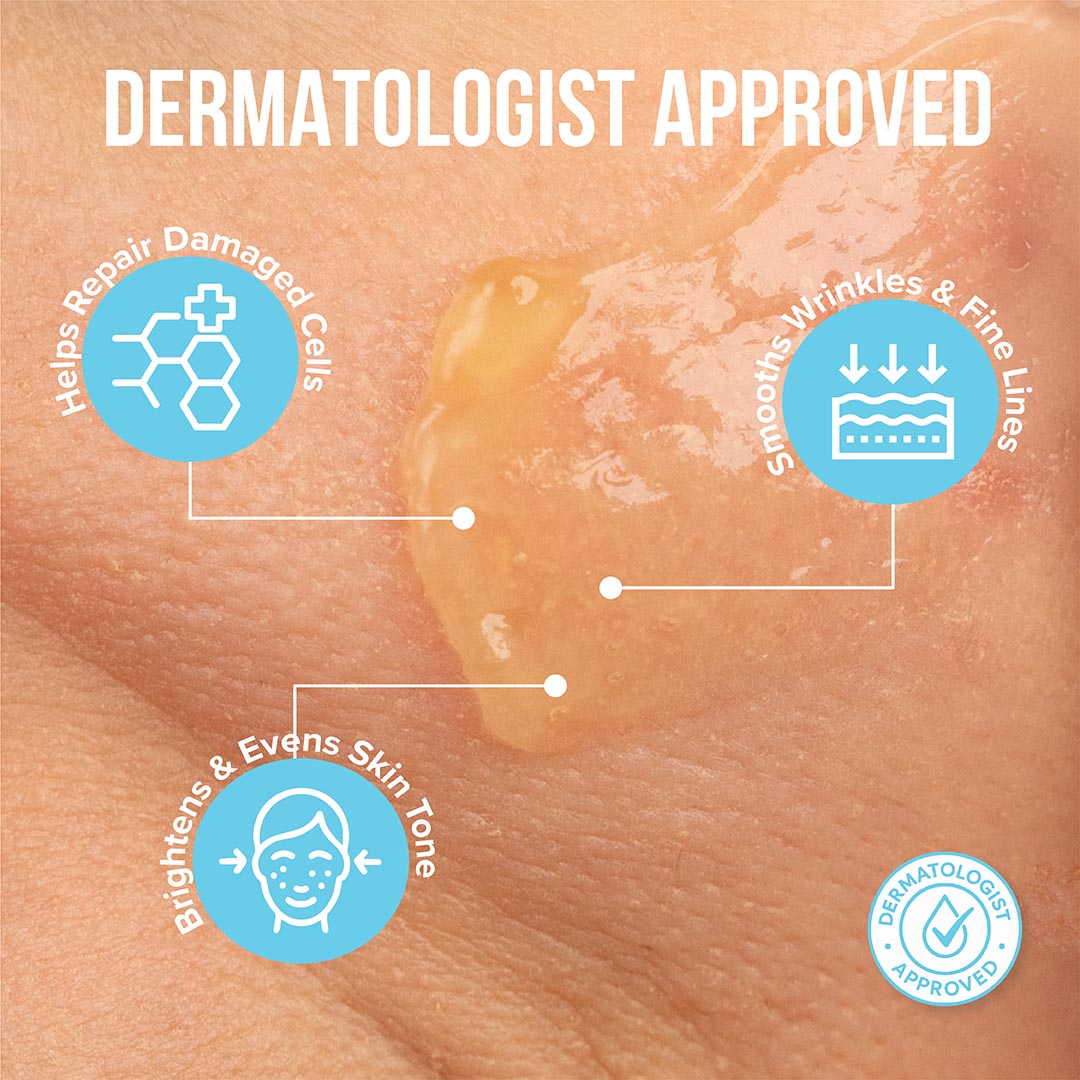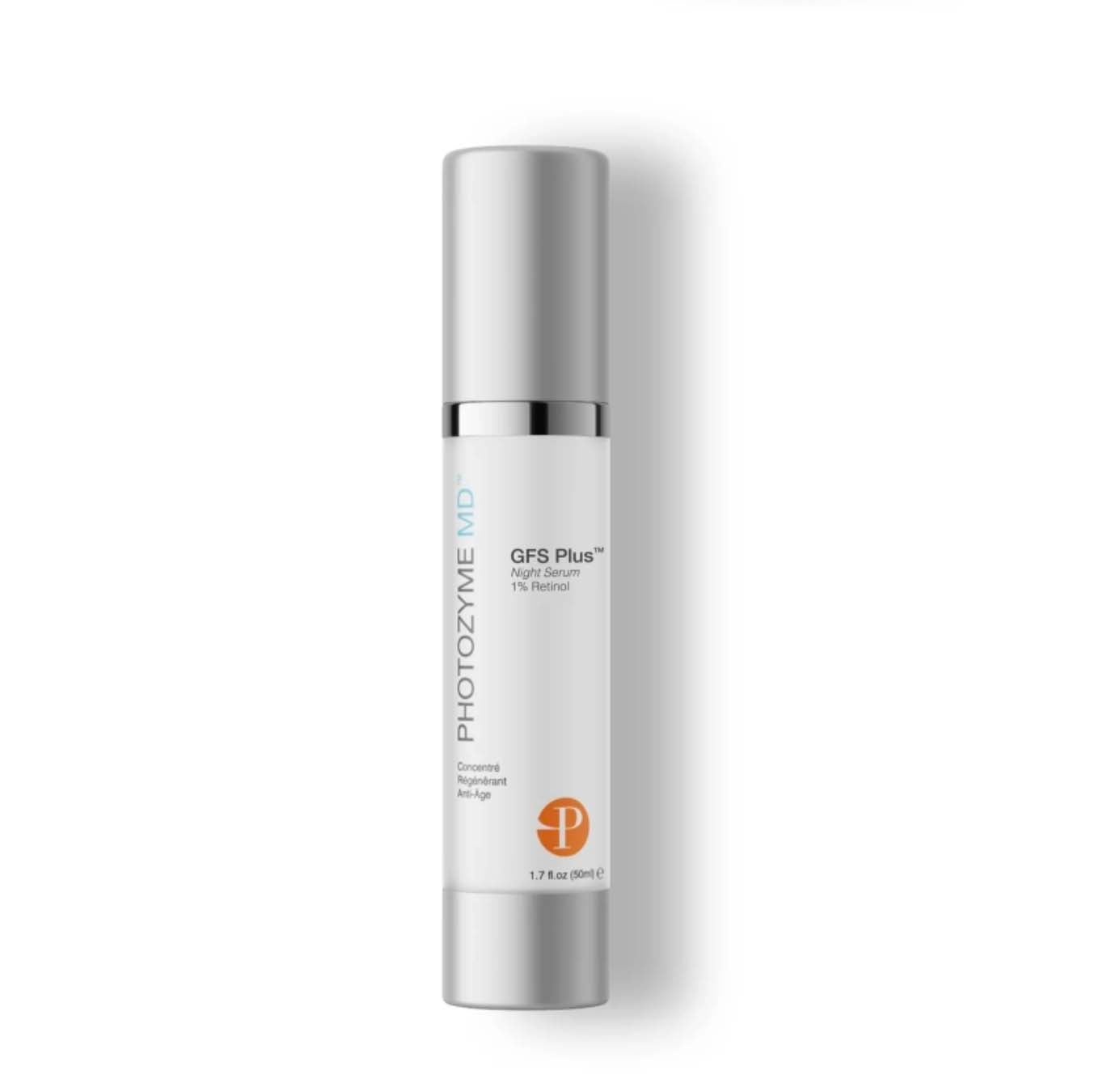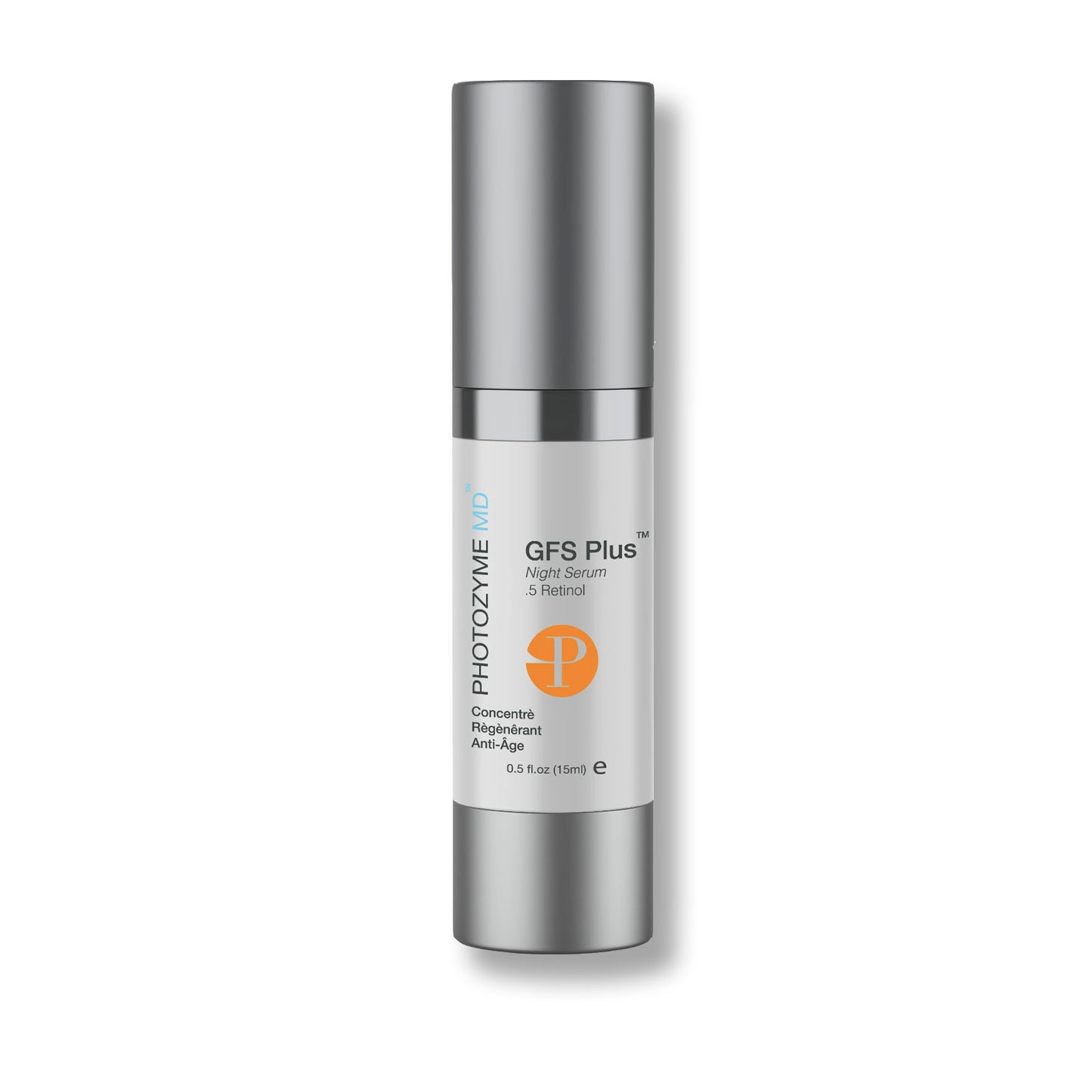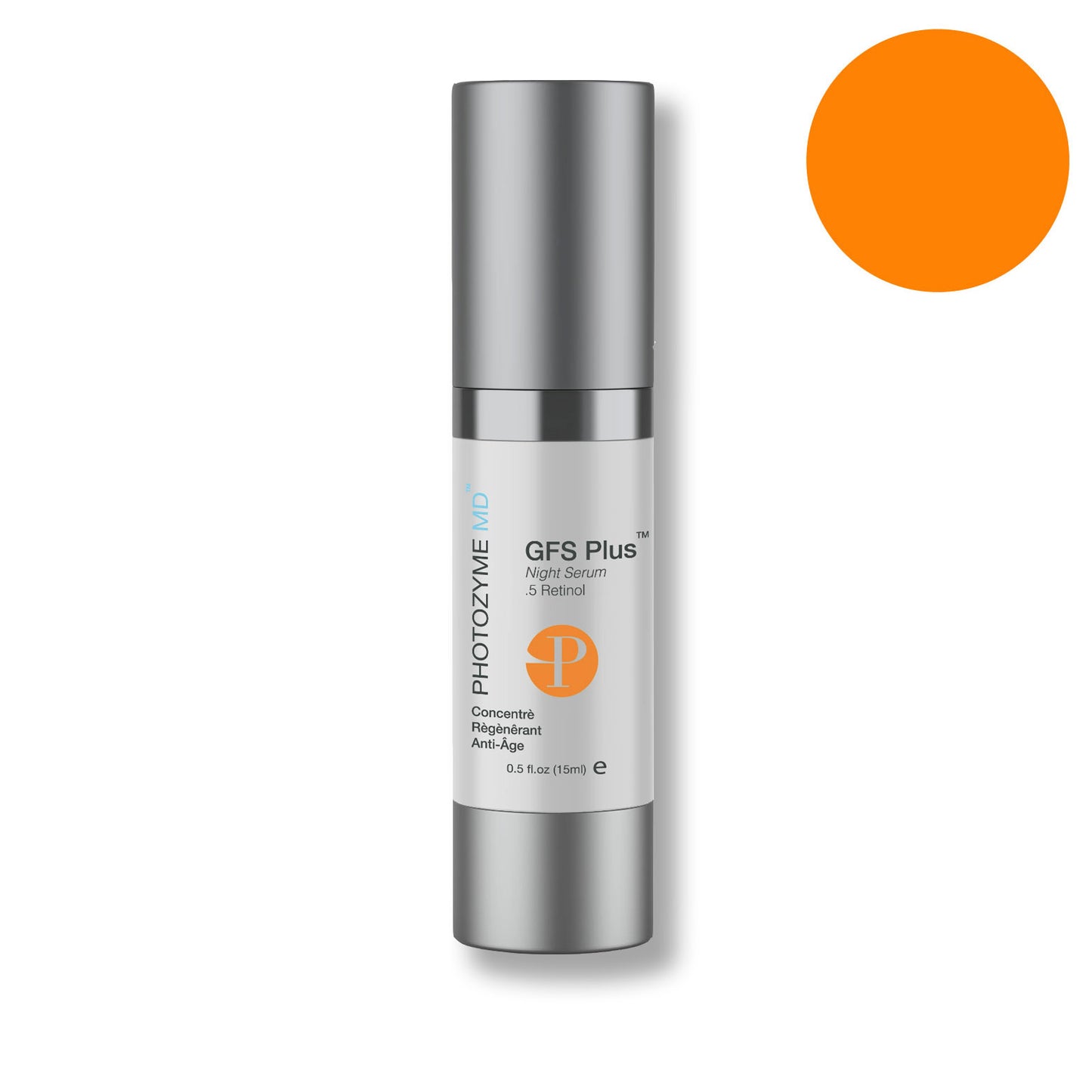When exploring the multifaceted benefits of retinol cream for the face, it's impossible to overlook its profound impact on acne treatment. Retinol is pivotal in anti-aging skincare routines and doubles as an effective acne treatment solution. This dual functionality makes retinol-based products, like those offered by Photozyme, an indispensable part of a comprehensive skincare regimen.
Unclogging Pores For Clearer Skin
Retinol can help unclog pores, a fundamental step in preventing acne breakouts. Increasing cell turnover helps remove dead skin cells more efficiently, reducing the likelihood of pore blockage. This process also helps fade acne scars by speeding up the skin's natural healing process, revealing a smoother, more even complexion over time.
Regulating Oil Production
Furthermore, retinol has been shown to regulate oil production, a key factor in the development of acne. Retinol helps maintain a clear and balanced skin surface by keeping oil levels in check. This regulation is crucial for those who struggle with oily skin, as excess oil can lead to the formation of acne.
Using Retinol Safely For Acne Treatment
However, incorporating retinol cream for acne treatment requires a thoughtful approach, especially for sensitive skin. Starting with a lower concentration and gradually increasing its use allows the skin to adapt without irritation. It's also essential to note that retinol can make the skin more sensitive to sunlight, underscoring the importance of integrating a high-SPF sunscreen into your daily skincare routine.
How Long Before You See Results From Retinol Cream?
When integrating retinol cream for the face into your skincare routine, it’s crucial to have realistic expectations regarding the timeline for seeing visible results.
What To Expect When Using Retinol Cream
Unlike overnight miracles promised by some products, retinol works through a gradual yet effective process to rejuvenate the skin. Typically, users can notice subtle texture and complexion improvements within four to six weeks of consistent use. However, patience is key for more pronounced effects, such as a significant reduction in the appearance of fine lines, wrinkles, and dark spots. It may take up to three to six months of regular application before these more dramatic results are evident.
Initial Reactions To Retinol: What’s Normal?
Retinol is a commitment to long-term care rather than immediate gratification. In the initial weeks of using retinol cream, it’s common to experience some mild irritation, redness, or peeling. This is often a sign that the skin is adjusting to the retinol and is a normal response for many users. It’s important during this time to maintain a gentle skincare routine, incorporating hydrating and soothing products from companies that prioritize skin health, such as Photozyme, to mitigate these effects.
Consistency Is Crucial For Optimal Results
Consistent and correct use can significantly enhance the efficacy of retinol cream. This includes applying the cream as part of your nighttime skincare regimen, as retinol can make the skin more sensitive to sunlight. Therefore, applying a high-SPF sunscreen during the day is crucial to protect the skin from harmful UV rays and to ensure the best results from your retinol cream.
